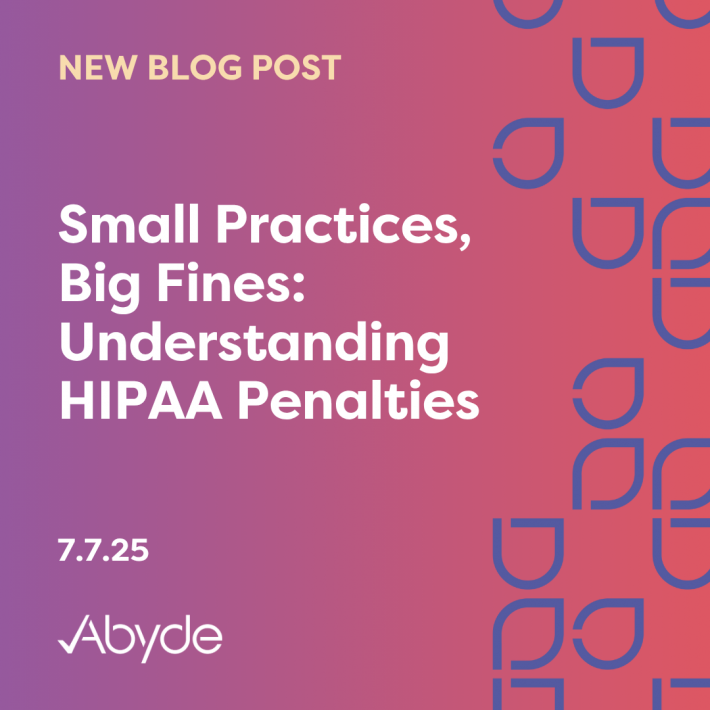January 16, 2024
In the healthcare world, data privacy reigns supreme. That’s where the Health Insurance Portability and Accountability Act (HIPAA) comes in, safeguarding sensitive patient information known as protected health information (PHI). But HIPAA’s reach extends beyond hospitals and doctors’ offices. Enter the business associate (BA): a vital player in the healthcare ecosystem, yet often shrouded in mystery.
So, who exactly are BAs?
Imagine a bustling healthcare landscape. Hospitals outsource billing services to companies, pharmacies rely on data analytics firms, and insurers partner with cloud storage providers. All these entities, if handling PHI, become BAs under HIPAA. In simpler terms, a BA is any person or organization that performs certain functions or activities involving PHI on behalf of a covered entity (healthcare providers, health plans, and clearinghouses). BAs sometimes are field-specific, like optometrists having eyeglass labs and OCT manufacturers. Dentists also have BAs like dental labs and equipment providers.
Think of BAs as the supporting cast in the HIPAA play. They handle crucial tasks behind the scenes, ensuring smooth healthcare operations while keeping patient data secure. But with great responsibility comes great accountability. BAs are bound by the same HIPAA regulations as covered entities, meaning they must:
-
- Implement safeguards: BAs must have appropriate physical, technical, and administrative safeguards in place to protect PHI from unauthorized access, disclosure, or misuse. Think firewalls, encryption, and employee training.
-
- Limit PHI use and disclosure: BAs can only use or disclose PHI as permitted by their contract with the covered entity and as authorized by law. Sharing a patient’s medical history with a marketing firm? Not on HIPAA’s watch.
-
- Comply with the Security Rule: This rule sets specific standards for protecting electronic PHI, including risk assessments, encryption, and breach reporting.
-
- Enter into BAAs: Every BA must have a written agreement with the covered entity outlining their respective HIPAA obligations. Think of it as a non-disclosure agreement for PHI. With the Abyde software, we automate these agreements, allowing you to send dynamically generated agreements to business associates with ease.
Why are BAs important?
BAs play a critical role in the healthcare industry’s efficiency and innovation. They allow covered entities to focus on patient care while outsourcing non-core activities. But more importantly, BAs contribute to a robust system of PHI protection, ensuring patient privacy and trust.
The BA landscape is constantly evolving. With the rise of telehealth and cloud computing, new types of BAs are emerging. This highlights the need for ongoing education and awareness about BA responsibilities to maintain robust HIPAA compliance across the healthcare spectrum.
Remember: Whether you’re a seasoned healthcare professional or a curious outsider, understanding BAs is crucial for navigating the complex world of HIPAA. By demystifying their role and responsibilities, we can work together to build a stronger, more secure healthcare system for everyone.
So next time you hear the term “BA”, remember: they’re not just business associates; they’re essential allies in safeguarding patient privacy and ensuring a healthy future for HIPAA compliance.
If you have any other questions on business associates, email us at info@abyde.com, or set up an educational consultation with one of our compliance experts.





